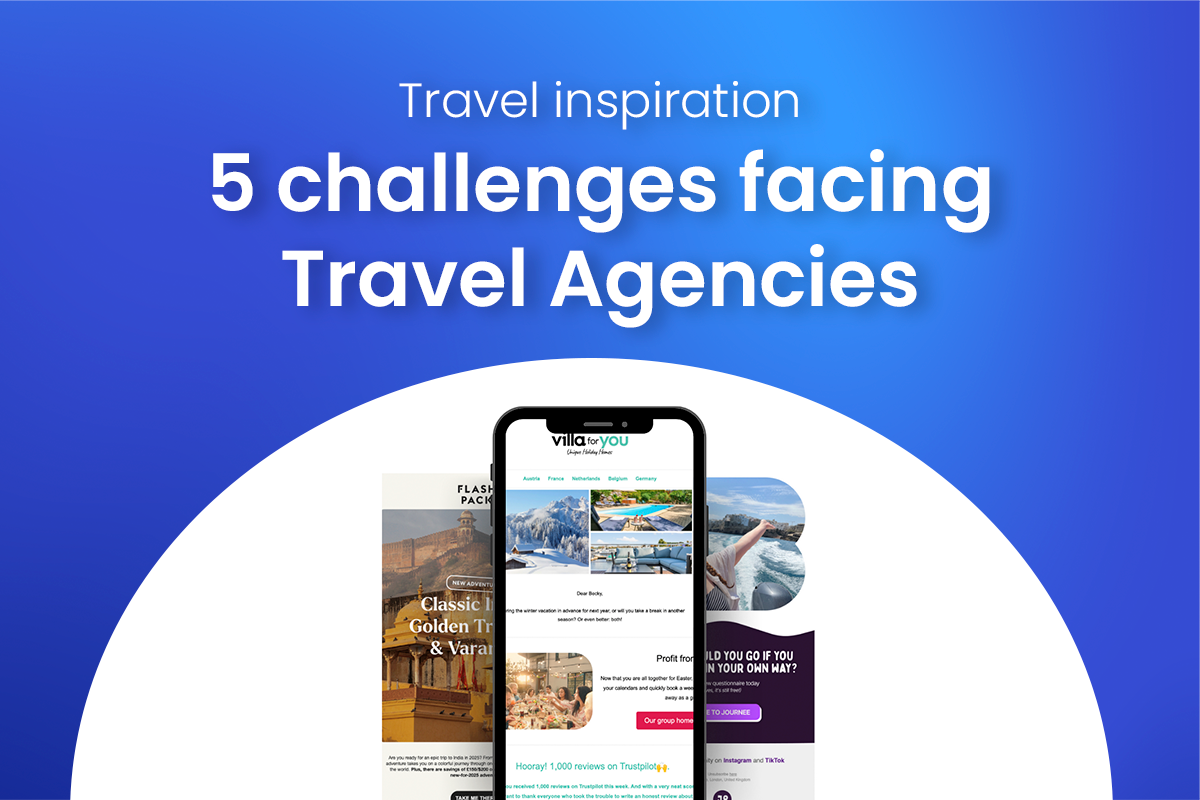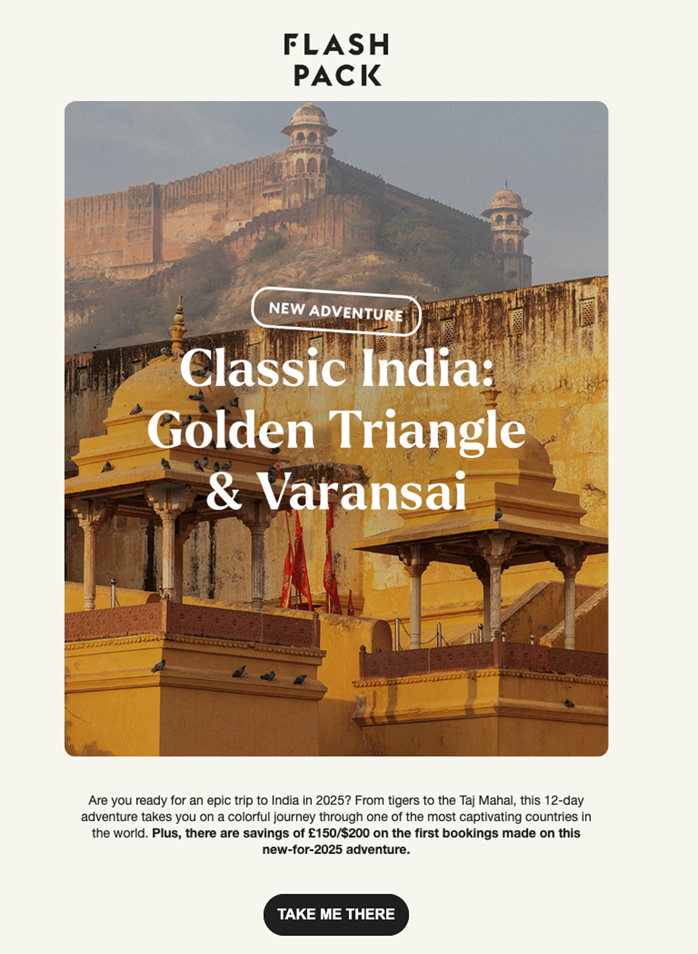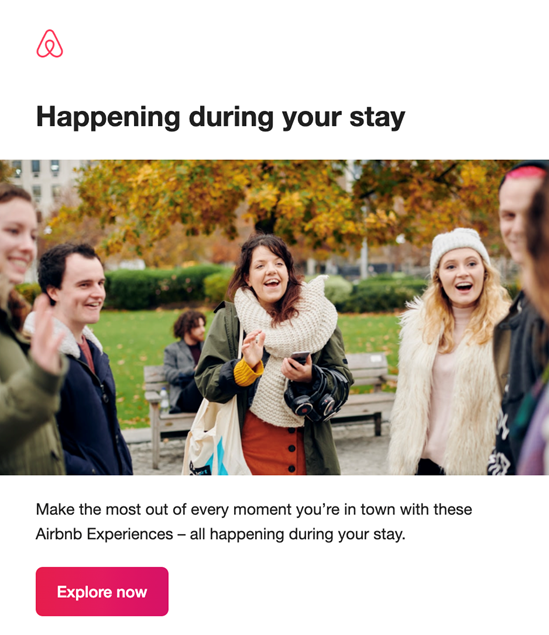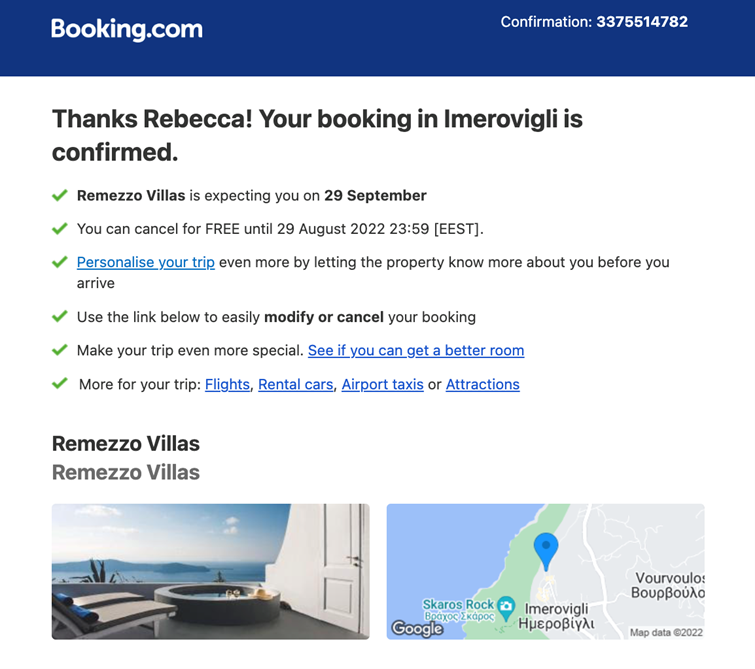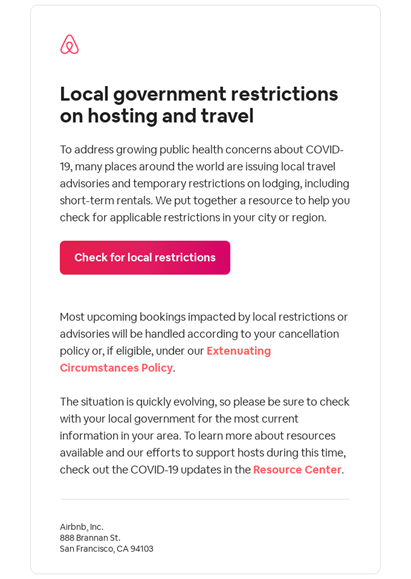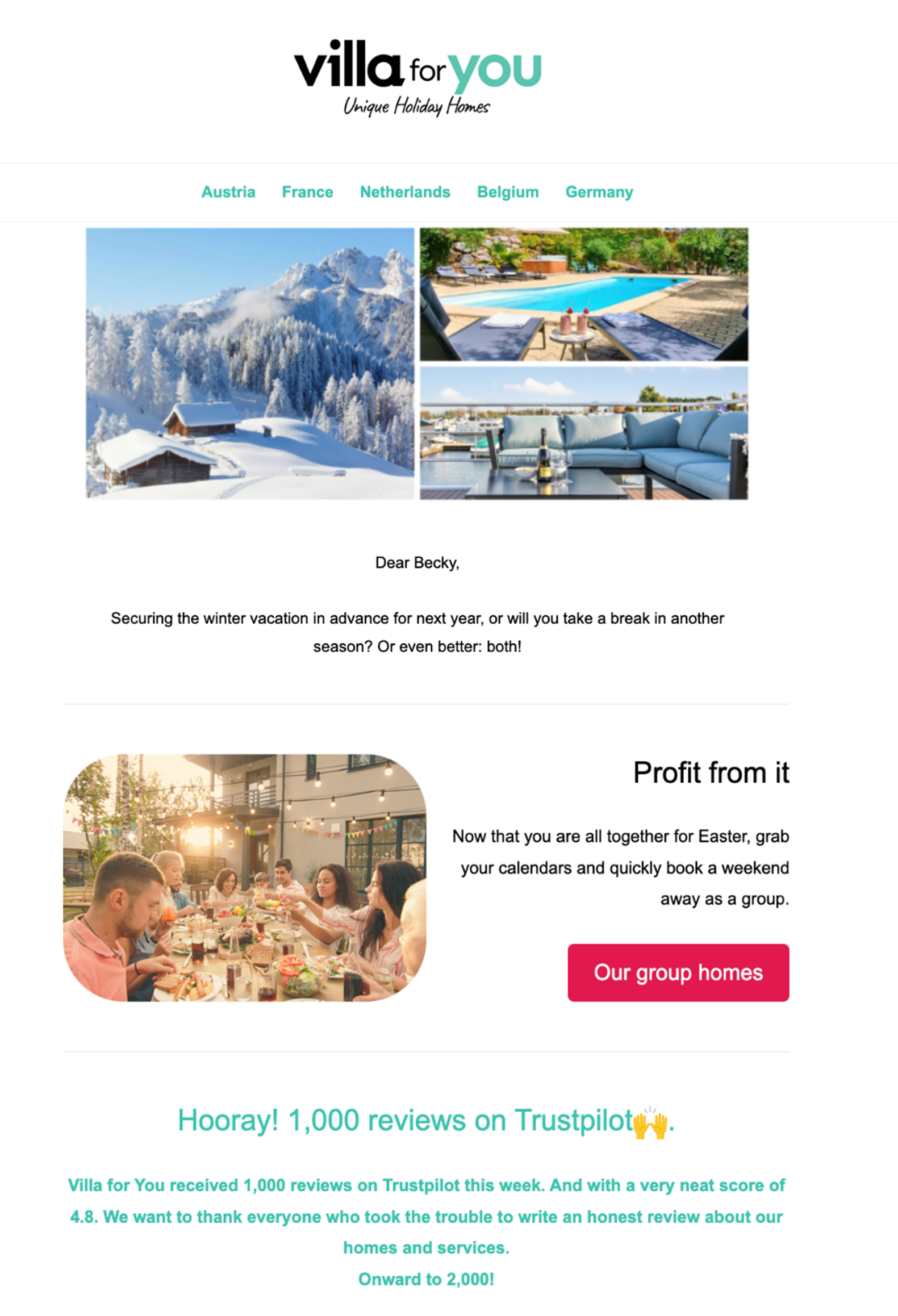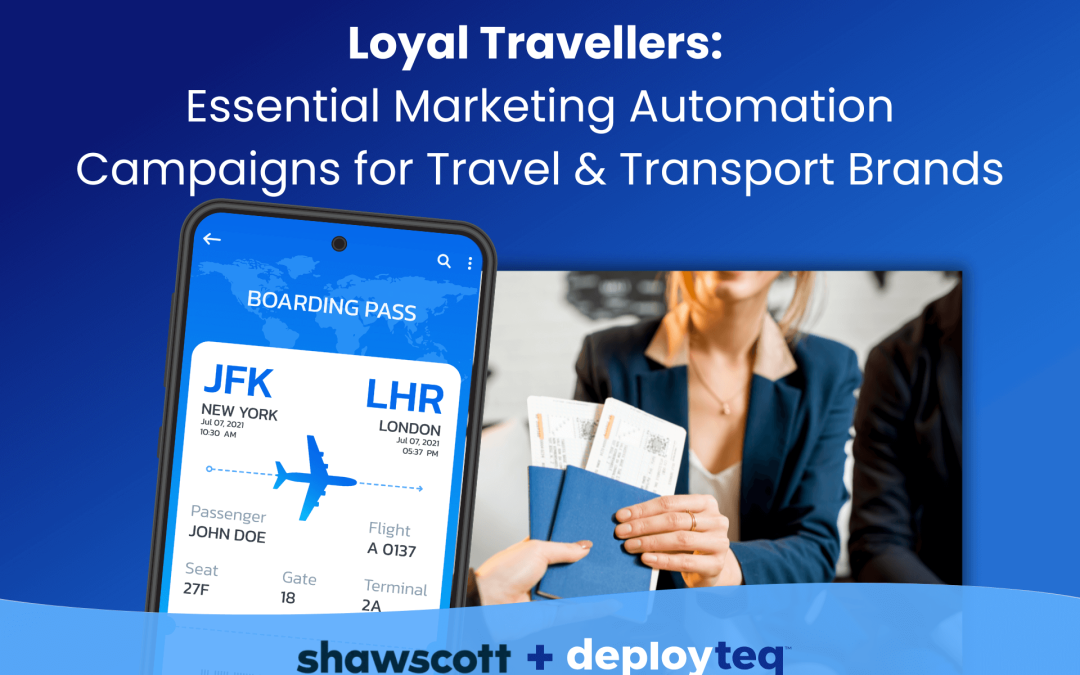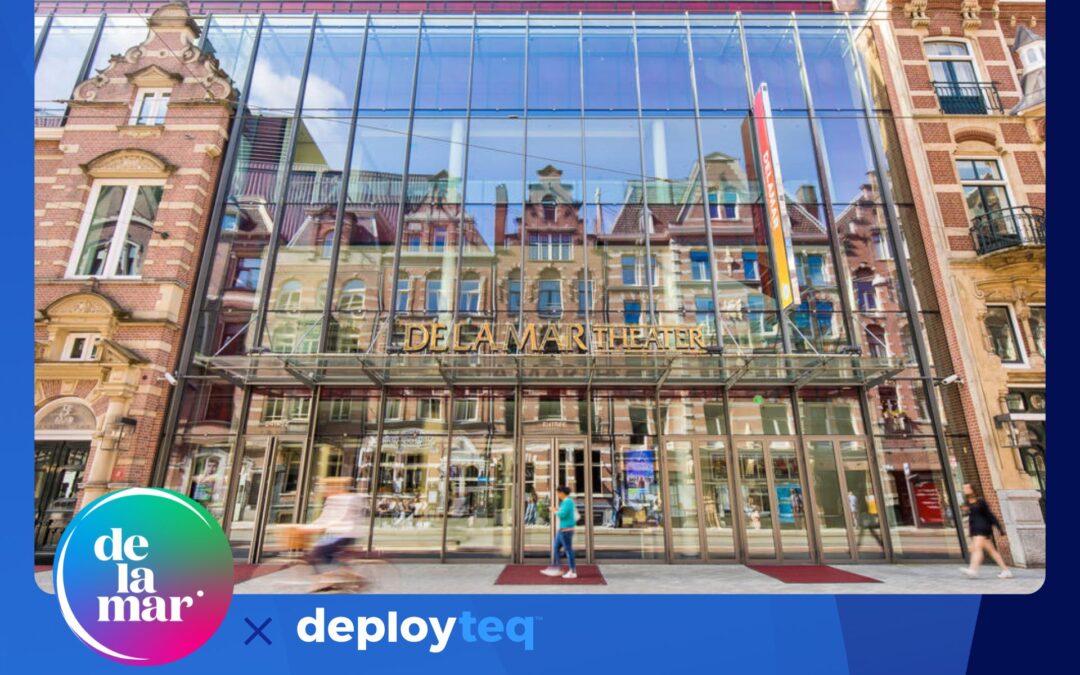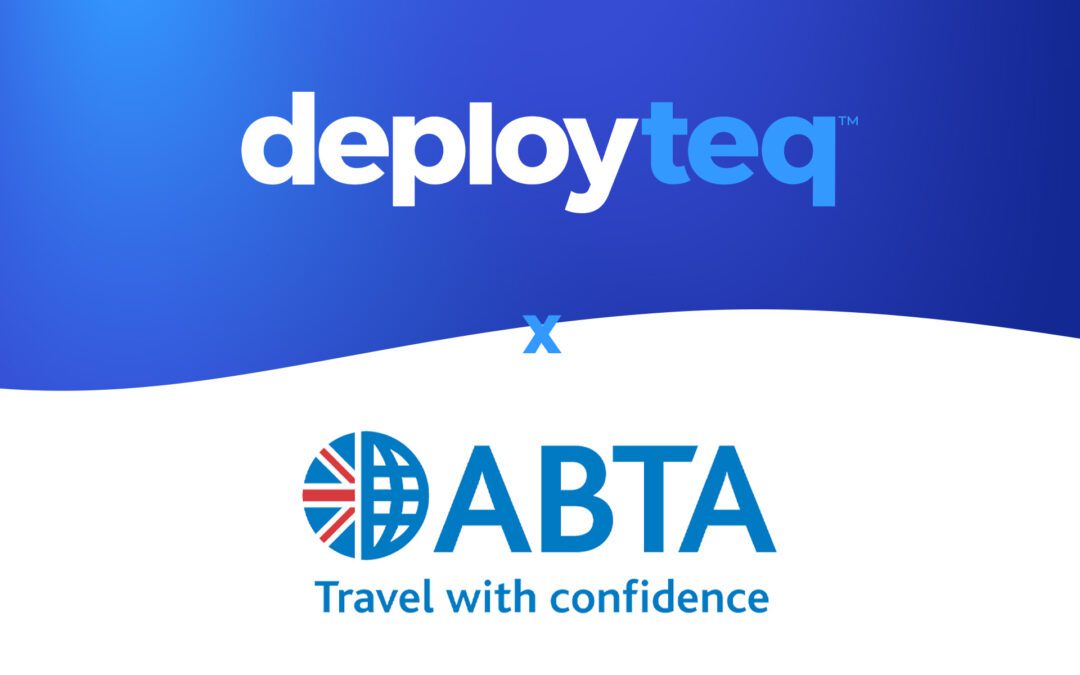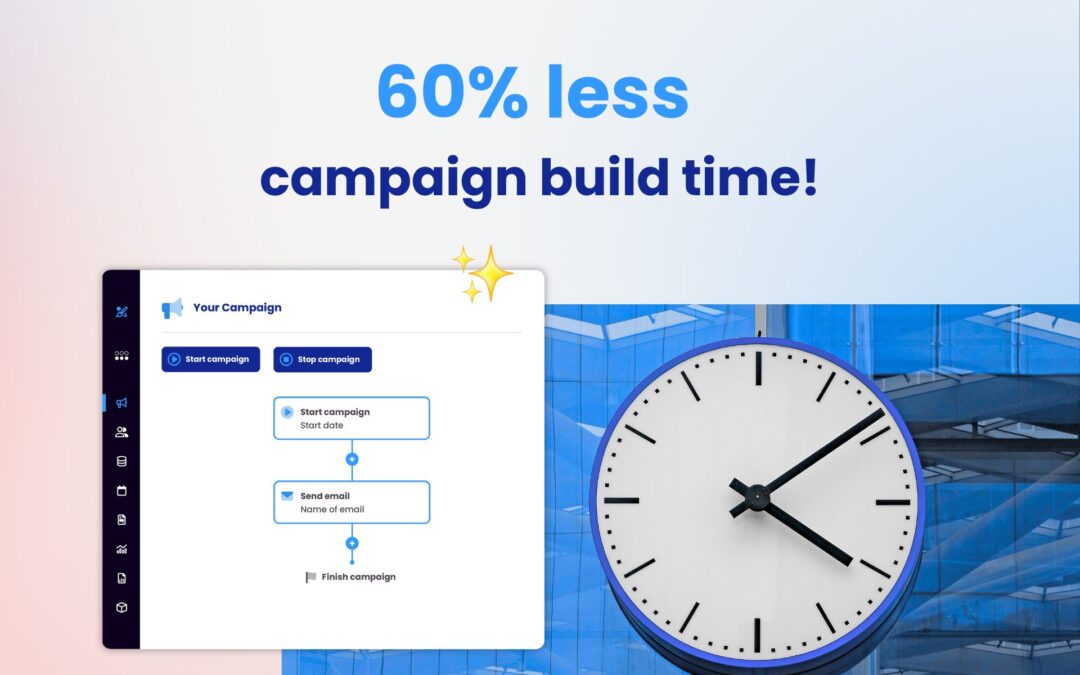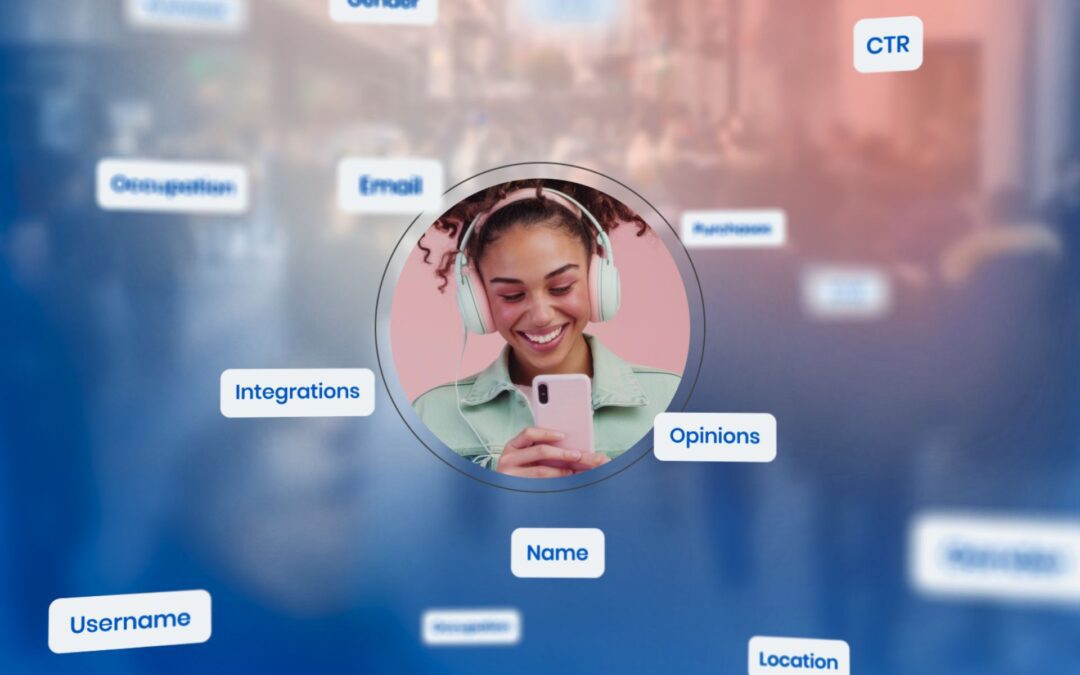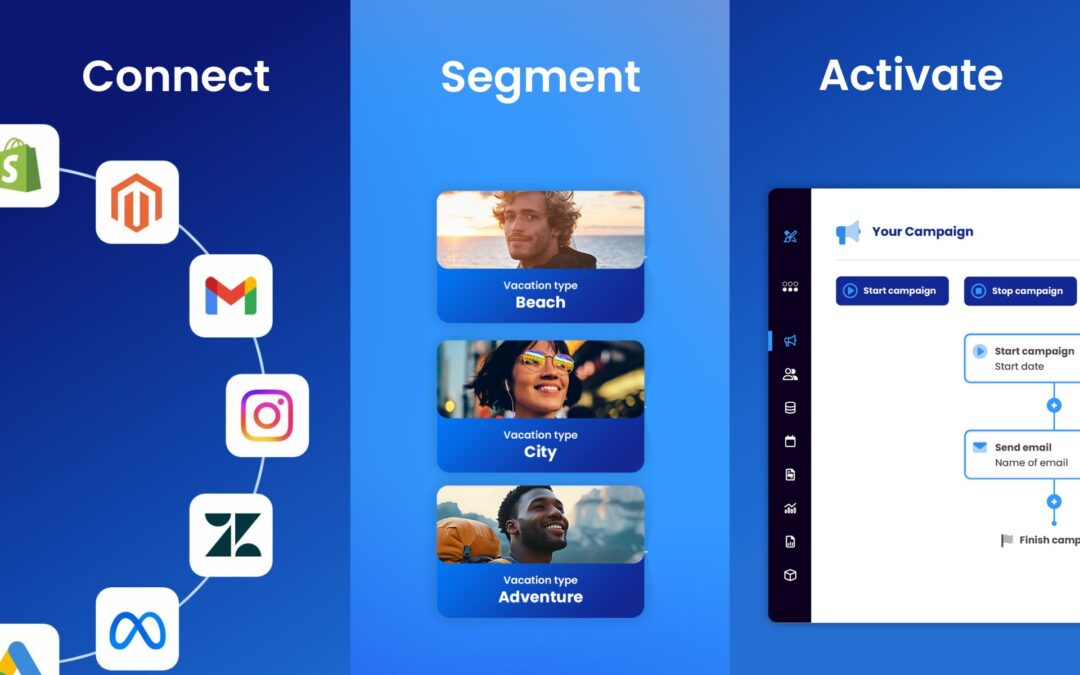Travel agencies have experienced rapid changes over the past decade.
Gone are the days when the industry was dominated by high-street agencies offering limited packages. Today, travel agencies fall under many guises. Providing both online and offline services, niche offerings for every audience, and heaps of wander-lust inspiring content.
Whilst this is great news for travellers, it does mean that agencies need to elevate their marketing efforts to be competitive, grab the attention of travellers, and create noise in a busy market.
Fortunately, marketing automation has proven to be an effective strategy in achieving all of the above, without the need for excessive additional budget or resource.
In this blog post, we will cover 5 challenges specific to travel agencies in 2024 and beyond, and offer advice as to how marketing automation can provide a solution.
1. Evolving traveller expectations
Today’s travellers are more informed than ever; frequently exposed to wanderlust-inspiring content via their favourite social media feeds. Pair this with an increase in demand for a seamless, personalised, and real-time booking experience, and it’s clear that travel agencies have a lot to deliver.
Gone are the days when a few large travel agencies dominated the industry. Now there are agencies of all sizes battling it out for the attention of avid travellers. Meaning that marketers need to stand out from the crowd, and meet consumer expectations to stop customers turning to the competition.
The solution
No matter what the size of the travel agency, marketing automation allows these businesses to offer personalised content and communications at scale.
By leveraging customer data, travel agencies can segment their audience to send tailored packages, offers, or destination suggestions. Even better, with the use of dynamic content they can emulate a one-to-one conversation with each individual. Personalising their communications with the correct language, currency, travel preferences, and passions of each recipient.
This approach helps travel agencies build rapport with their recipients, provide the right content at the right time, and stand out in a saturated market. With little need for additional time, money, or resource.
2. Personalised travel planning
One expectation that customers have of their travel agency is the personal touch. They turn to agencies for their specialist knowledge and guidance, with the aim of building the perfect trip that’s tailored to their own travel desires.
However, creating personalised travel plans and itineraries can be incredibly time-consuming. Not only is local knowledge of different countries, regions, and cities required. But also research into the very best flights, hotels, restaurants, and activities to suit different types of travellers.
The solution
Marketers can gather data on individual customer preferences, past travel behaviour, and interests to create travel recommendations that are personalised to both segments of customers, as well as individual travellers.
This information can be captured at the start of the traveller’s search to help identify their ideal trip, or even post-booking to fine-tune their plans.
Automated emails can then be sent, including personalised destination and package recommendations, through to post-booking itineraries or activity suggestions. SMS can also be incorporated to send out real-time itinerary updates or suggestions during the customer’s trip.
3. Last-minute cancellations and changes
We’ve all been there, a delayed flight, a clash of plans, or a sudden illness. Whatever the reason, it’s not unusual for travel plans to change unexpectedly, leading to last-minute cancellations or alterations.
These changes can be particularly disruptive for travel agencies who will want to avoid lost bookings at all costs. However, if not handled correctly, it can also have a negative impact on customer satisfaction, leading to long-term damage to the travel agency’s brand.
The solution
Marketing automation can streamline the communication process of travel changes for both parties, the agency and the customer.
Automated email and SMS notifications can inform travellers promptly regarding cancellations, rescheduled flights, or changes to an itinerary. Providing all the information required, such as alternative options or support details, to ensure a smooth transition.
Similarly, marketing automation can support travellers when they need to make changes. This can include time-specific email updates on their itinerary, useful information such as cancellation fees, and relevant contact details.
4. Keeping up with travel regulations and compliance
Travel regulations and compliance can be a minefield, often varying dramatically from country to country, particularly when it comes to health and safety protocols.
Keeping travellers up to date and informed about the regulations in the country they are visiting is essential for travel agencies. It ensures that customers are kept safe, keeps them happy, and also positions the agency as a trusted leader in the industry.
However, manually updating customers on the latest rules and information is incredibly time-consuming, if not impossible. Not only do travel agencies need to keep themselves up to date with the latest, but they also need to identify each customer and their travel plans, sending communications when necessary.
The solution
Marketing automation can be used to send real-time updates and important regulatory information to travellers via a range of channels.
These communications can be triggered as part of a post-booking campaign for specific countries, incorporating a series of detailed information on entry requirements, visa regulations, and health advisories.
And for more urgent updates, marketers can utilise segmentation to easily group travellers to specific destinations on specific dates, and trigger email and SMS messages to deliver more urgent updates, news, and reminders.
5. Seasonal travel demands
Seasonal peaks and troughs are nothing new for travel agencies, but they are still an ongoing challenge, and one that can’t be ignored.
This seasonality creates uneven demand, with periods of high booking activity followed by lulls. Fortunately, these changes are usually predictable, however planning in advance and managing these fluctuations efficiently remains critical.
The solution
The key to seasonality is balancing demand.
With the use of marketing automation, travel agencies can promote off-season travel promotions and inspiration, as well as prep travellers for increased demand in the high seasons.
Automated email campaigns can work alongside segmentation to market special deals for off-peak times, based on a recipient’s location. And SMS alerts can notify customers of limited-time offers during high-demand periods, adding a little urgency to maximise bookings.
Next steps
In conclusion, the travel agency market has changed, significantly. Bringing challenges that show no sign of slowing down for those in the industry.
But with some marketing savvy, these challenges can be overcome, and travel agencies can go on to be leaders in their field.
In this blog post, we have covered a wide range of solutions to the specific challenges agencies face, such as using marketing automation to meet consumer expectations, particularly when it comes to personalised communications, itineraries, and seasonal campaigns.
Not forgetting how marketing automation can streamline the process of communicating changes and important regulatory information via a range of channels.
By leveraging marketing automation through a solution such as Deployteq, travel agencies can stay competitive, meet customer expectations, and efficiently manage the dynamic nature of the industry they are in.
So why not get in touch today to learn more from our team of experts?
